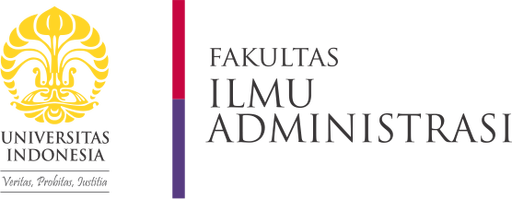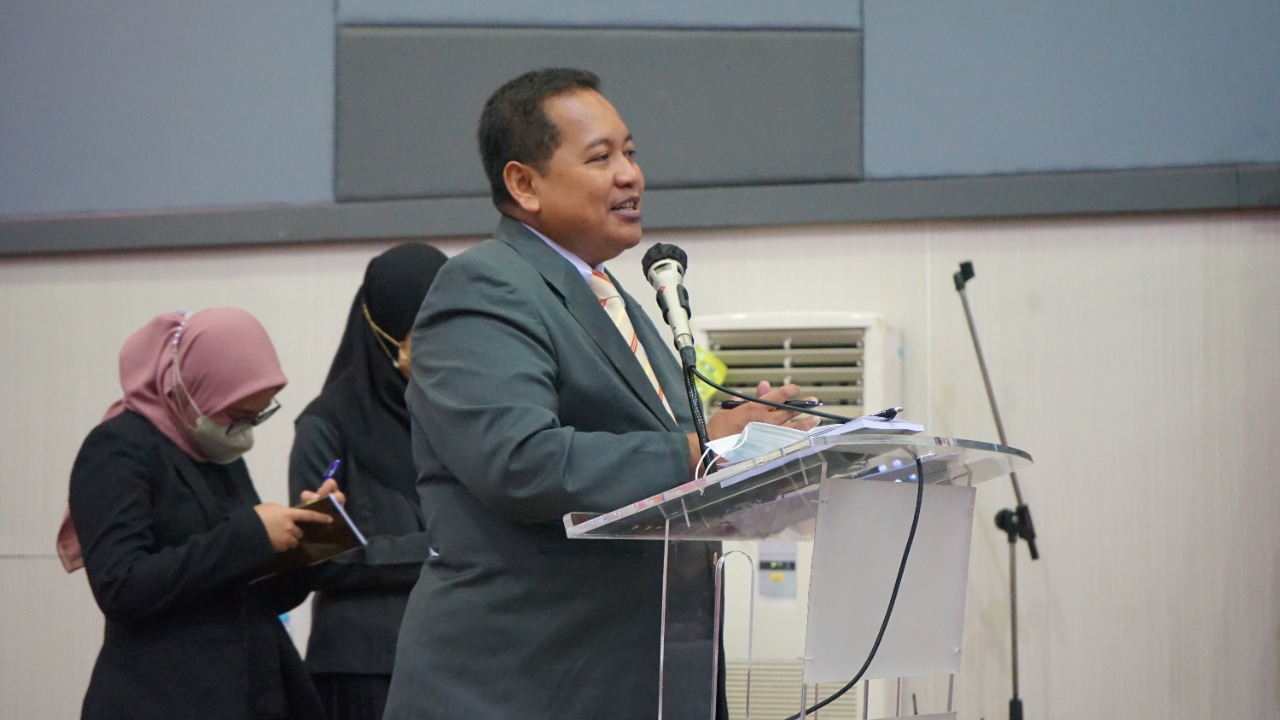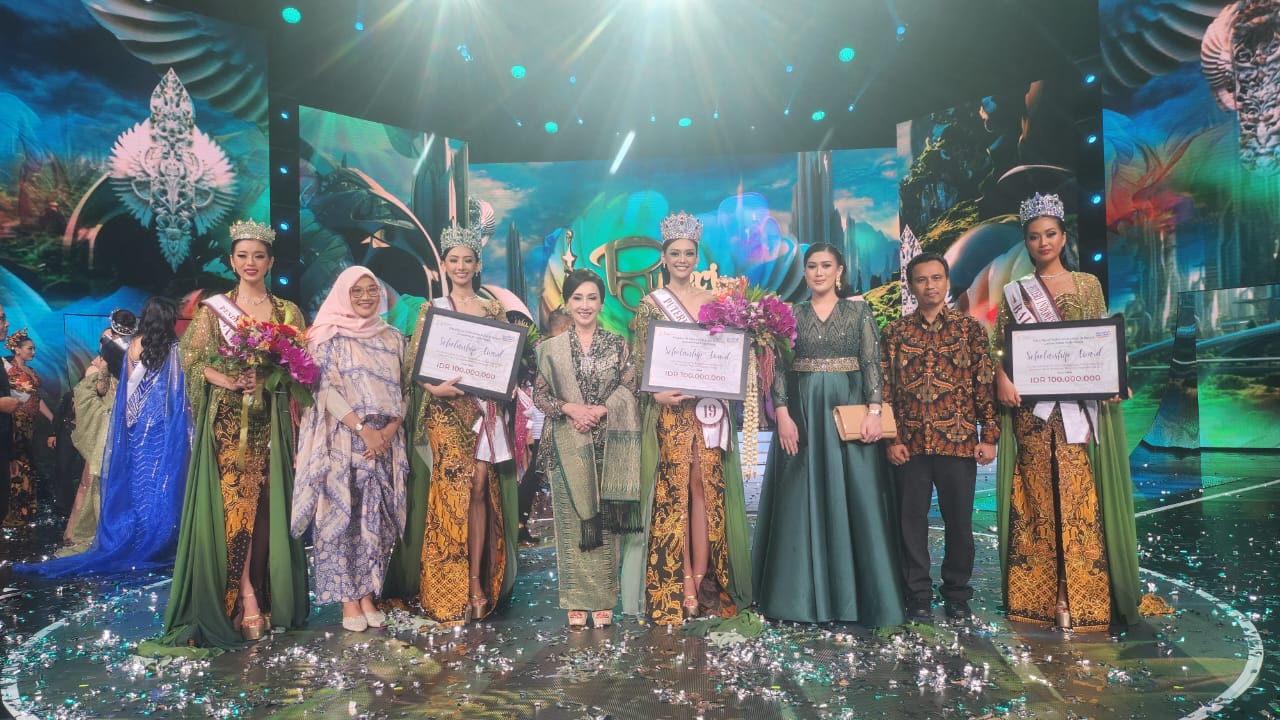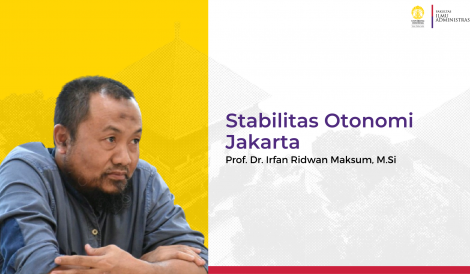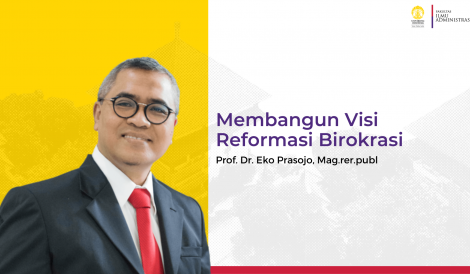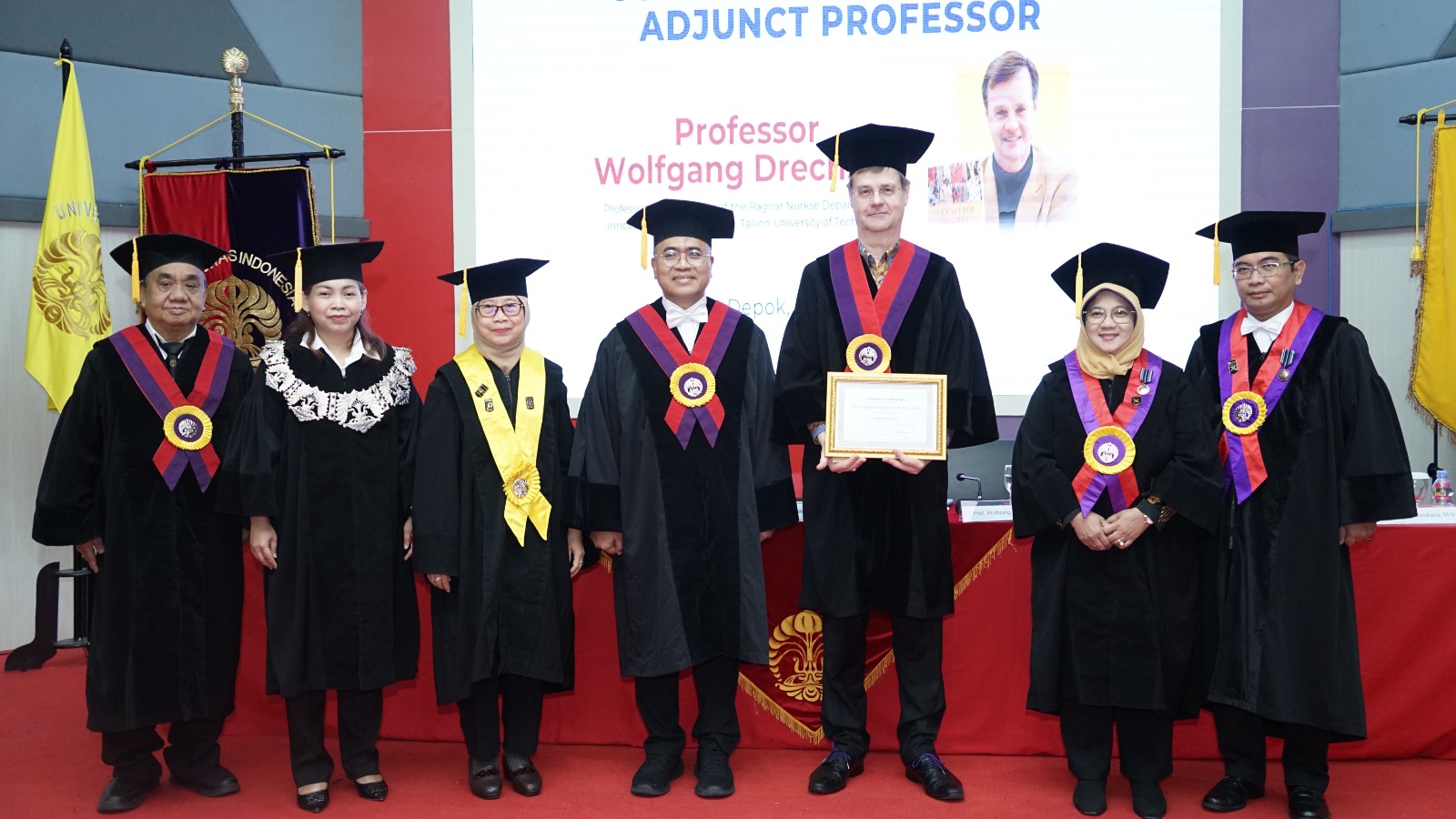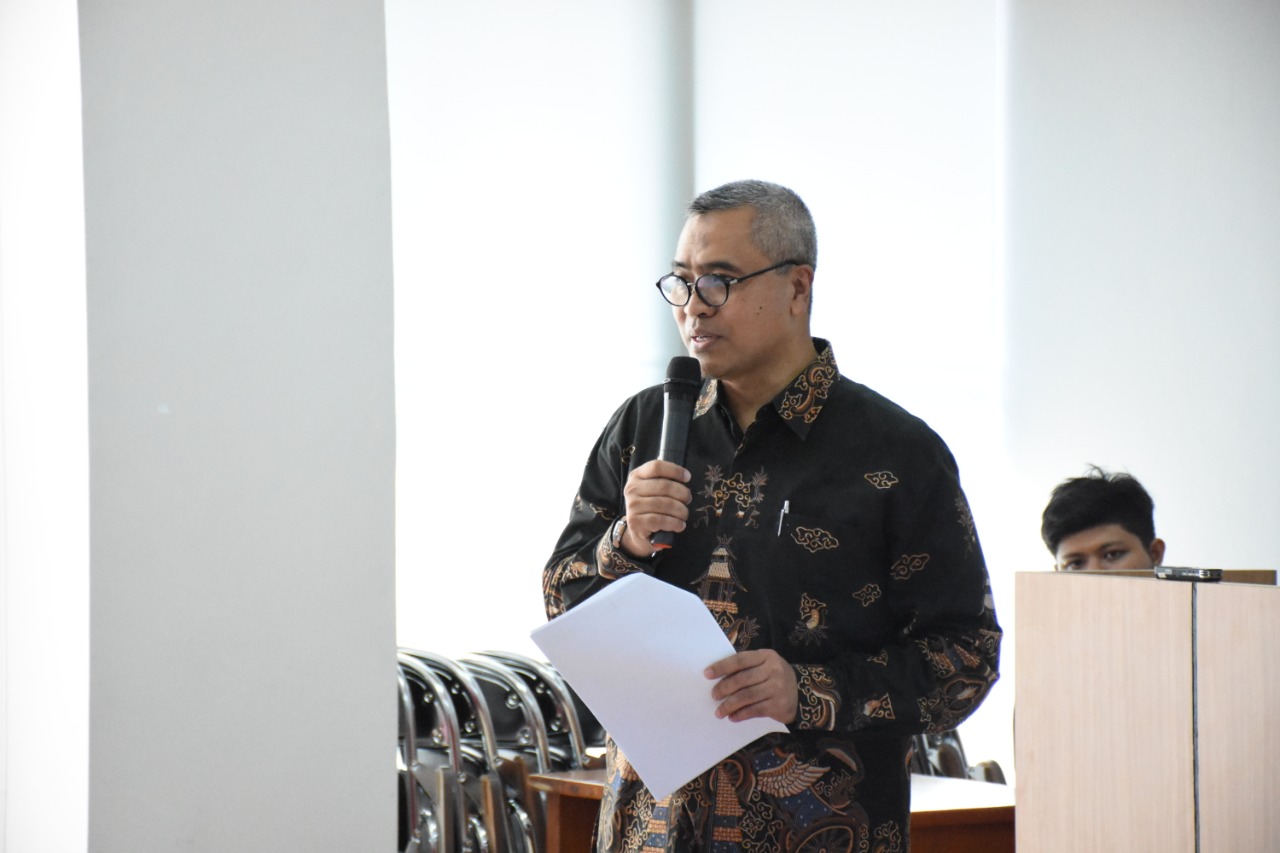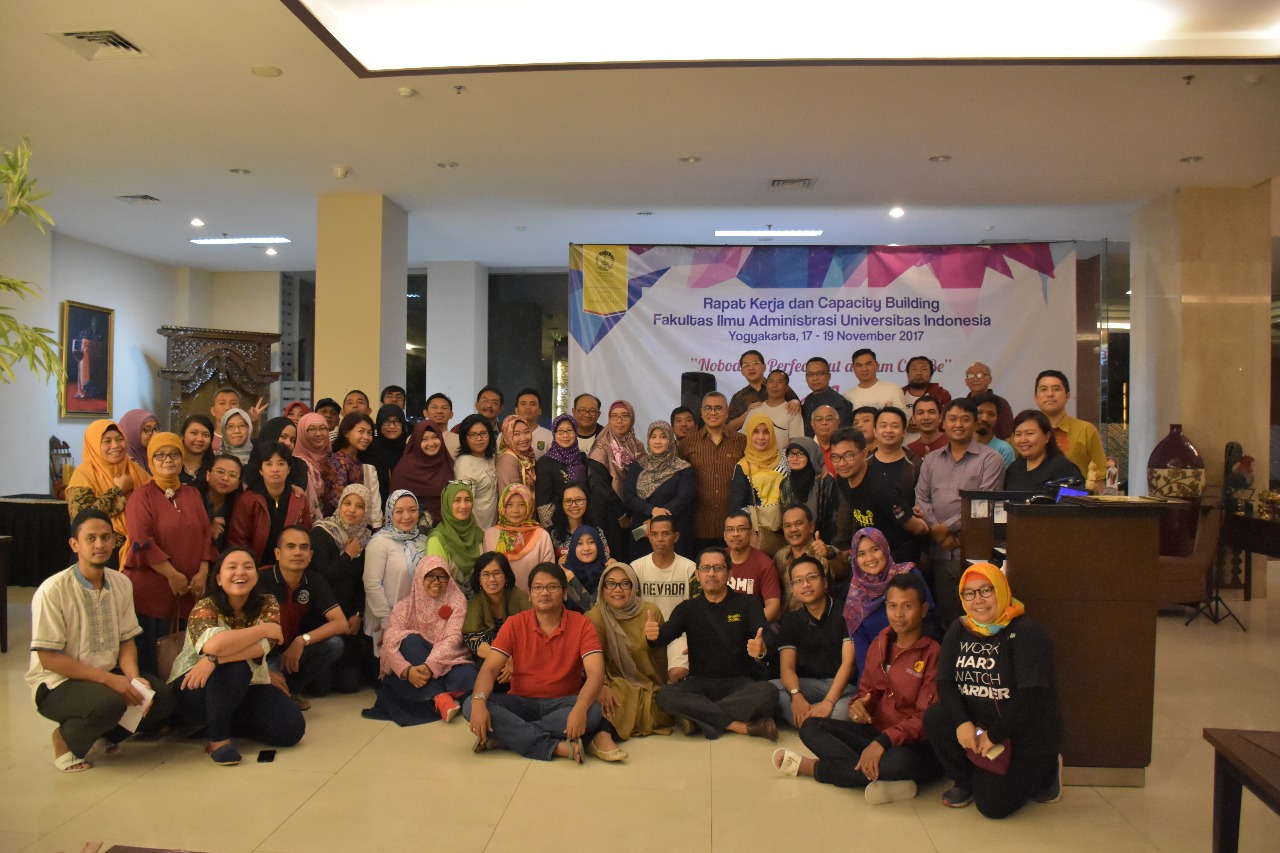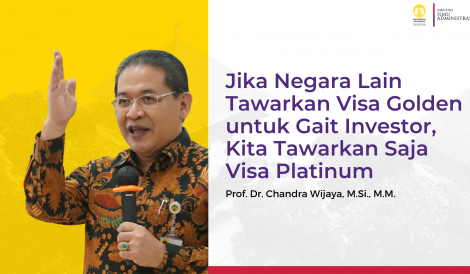The Indonesian government has chosen Special Economic Zones (SEZs) as one of the national development strategies aimed at increasing economic growth and increasing national and regional competitiveness. This competitiveness is an indicator of the success of development and an attraction to invest in the country.
This sentence was delivered by Achmad Fauzi as an opening for the doctoral promotion session of the Faculty of Administrative Sciences, University of Indonesia (FIA UI) on Monday, July 12, 2022 morning in a hybrid manner with the dissertation title “Designing Strategies to Increase Regional Competitiveness with Special Economic Zones”
“In the last ten years, Indonesia’s national competitiveness ranking has experienced ups and downs where Indonesia’s competitiveness is ranked 34 (2014) to 54 (2009) out of 100 other countries. In addition, local rankings are only 10 provinces that enter the top level of competitiveness,” said Achmad Fauzi.
For this reason, said the man who is familiarly called Mas Fauzi, it is necessary to increase competitiveness both at the national and local levels through development strategies, one of the ways is by developing economic areas in areas that have comparative advantages, natural resources, and geographical location. strategic ones.
“The main activities of SEZ currently include export-oriented processing industries and tourism. In the development of SEZs in Indonesia until this research was carried out, it has not been fully capable of being a driving force for the economy to increase economic growth and regional and national competitiveness,” he said.
Therefore, Fauzi said that a study was needed in order to find out the problems related to increasing competitiveness, especially in the regions and the development of SEZs.
“This study aims to analyze developments, identify determinant factors and design strategies that can improve regional competitiveness with SEZs, in three regions that have SEZs namely Galang Batang SEZ in Bintan Regency, Mandalika SEZ in Central Lombok Regency and Sorong SEZ in Sorong Regency, ” he said.
Fauzi uses constructivism paradigm and qualitative research methods with multiple case study designs to answer research problems. In his research, Achmad Fauzi concluded that the development of the Galang Batang SEZ and the Mandalika SEZ achieved good development, while the Sorong SEZ had not met the expected target.
Fauzi explained, of the three Special Economic Zones that were sampled in the
From the research, it can be identified that there are nine determinant factors in the development of Special Economic Zones, which consist of: governance, collaboration, innovation, human resources, infrastructure, location (location), natural resources (natural resources), incentives (incentives) and trust (trust).
“Based on the nine determinant factors that become input factors, then a strategy to increase regional competitiveness is designed with SEZ through the GO Competitiveness Strategy Model (CIGO Strategy Model) as the initial design of a strategy to increase regional competitiveness,” he said.
Furthermore, Fauzi conveyed several recommendations to the government, including the need for strong leadership to be able to lead the orchestration of all levels of cross-sectoral governance (multi-level governance); it is necessary to form institutional collaborations involving elements of the Government, Business, Universities, SEZ Managers, MSME Business Actors and the Community; and it is necessary to increase socialization and promotion at home and abroad regarding investment opportunities in Special Economic Zones.
In this doctoral promotion session, Achmad Fauzi managed to become the 18th doctor of the Faculty of Administrative Sciences and the 206th in Administrative Sciences with a very satisfactory graduation.
For information, the trial of Achmad Fauzi’s doctoral promotion was chaired by Prof. Dr. Chandra Wijaya, M.Sc., MM with the promoter, Prof. Dr. Martani Huseini, co-promoter: Prof. Dr. Amy Yayuk Sri Rahayu, M.Sc., as well as members consisting of Prof. Dr. Irfan Ridwan Maksum, M.Sc.; Prof. Dr. Haula Rosdiana, M.Sc.; Prof. Dr Muchlis Hamdi, MPA; Dr. Sodjuangon Situmorang, M.Sc.; Dr. Heri Fathurrahman, M.Sc.; Dr. Retno Kusumastuti, M.Sc.; Dr. Rachma Fitriati, M.Sc., M.Sc.
